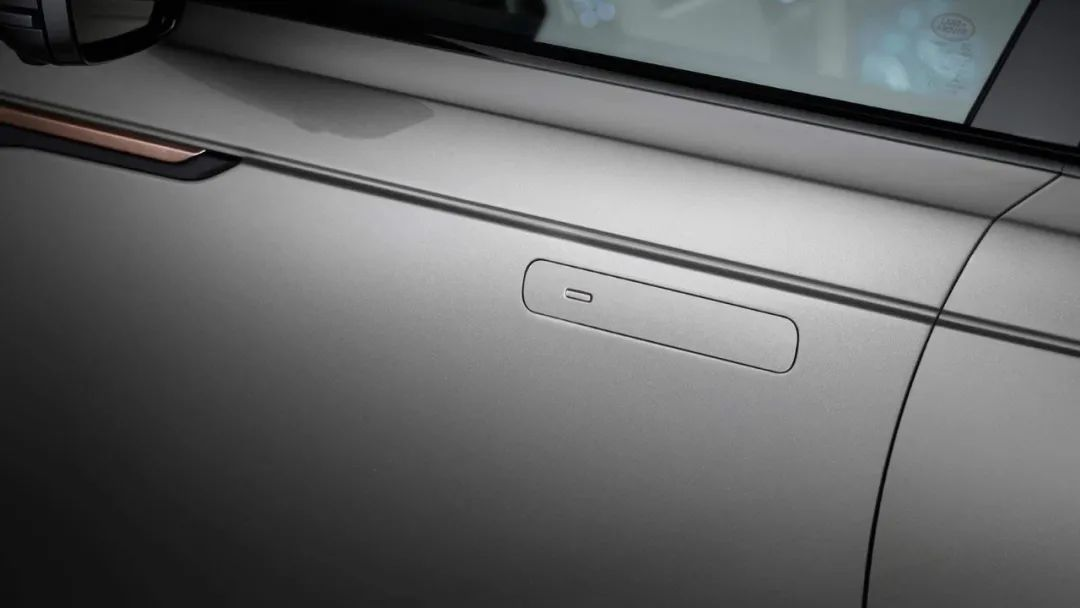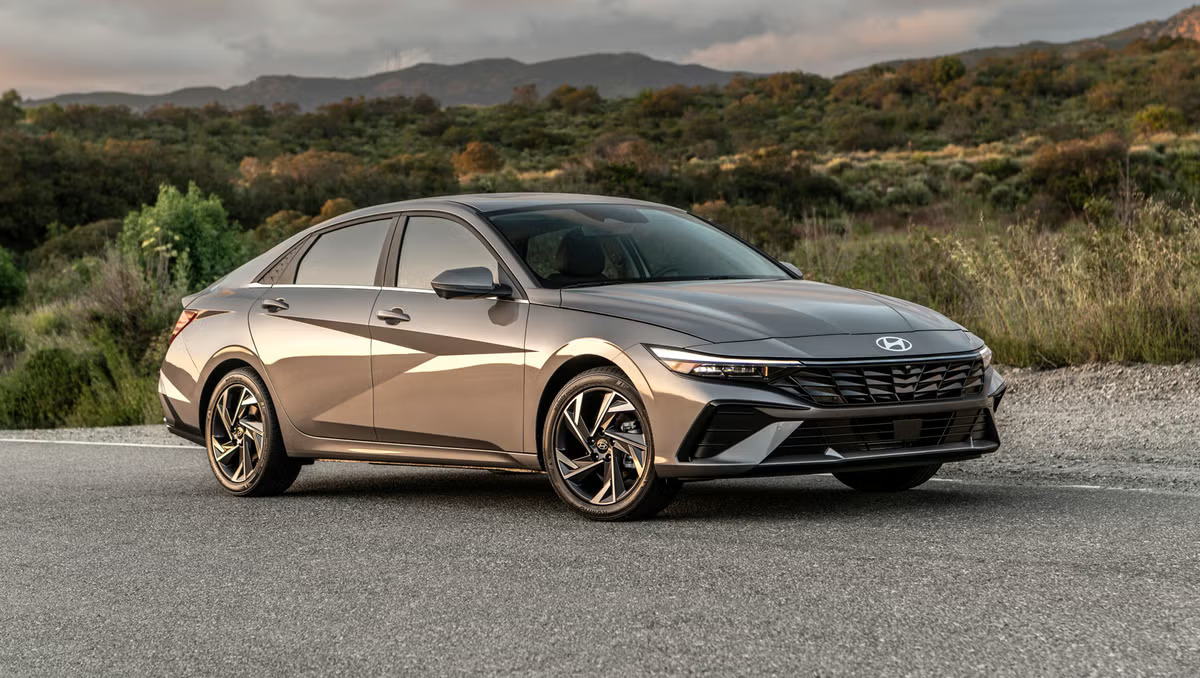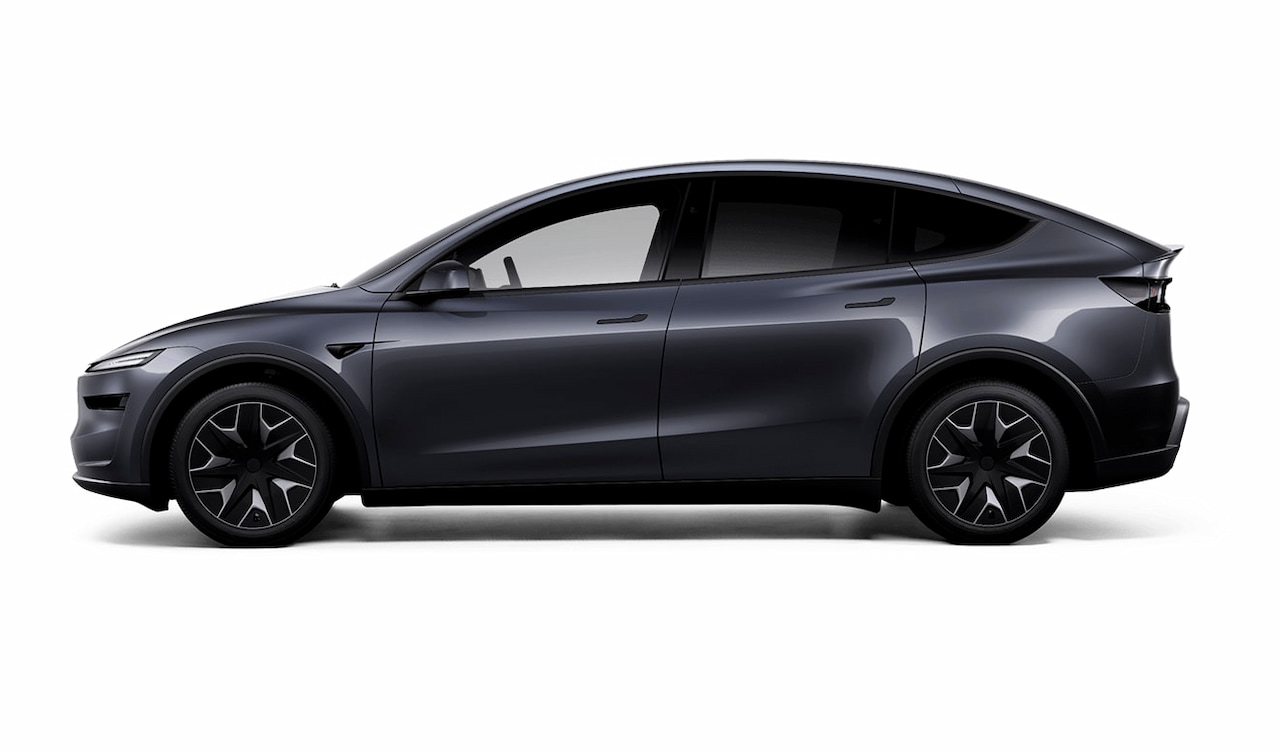A Range of Up to 745 Miles per Charge: Toyota Nears the Launch of Its First Solid-State Battery Version
1 year ago

Today marks 13 years since Toyota first announced its endeavor to develop solid-state batteries specifically for electric vehicles. Over the past few years, the company has issued a series of press releases promising that these "fantastic batteries" are still under development. Despite the lack of official information on the readiness of the battery or positive indicators from the experiments conducted during the production and development process, Toyota reaffirms its commitment to launch its first solid-state batteries (SSBs) by 2027 at the earliest.
Despite postponing the release date of Toyota's new battery, previously stated to be in 2025, it remains the anticipated battery that will boost global customer confidence in electric vehicles and is expected to propel Toyota to the forefront. These anticipated batteries are considered the safest and offer a range of up to 745 miles on a single charge. Additionally, these batteries use solid connectors instead of liquid, allowing for tolerance of high voltages and temperatures, enhancing energy density, and reducing weight.

Toyota's challenges lie in complexity and cost. The first-generation solid-state batteries (SSBs) aim for a range of about 520 miles, with the second generation extending the range to 630 miles per charge, fulfilling Toyota's promised goal of achieving a range of up to 745 miles per charge. This range surpasses most internal combustion engine vehicles. Perhaps even more impressive than the long range is the short charging time, as Toyota's solid-state battery can be charged in 10 minutes or less, significantly reducing the time needed to recharge the vehicle compared to filling a fuel tank.
In the midst of extending the development of Toyota's solid-state batteries (SSBs), Toyota entered two partnerships over thirteen years and more, aiming to make solid-state batteries a reality. The first partnership was with the well-known company Panasonic. In the early part of 2010, the two companies developed batteries that were integrated into the Prius plug-in hybrid. Together, they have accumulated over 1000 shared patents related to batteries.

As for its second partnership, it was with the petroleum company Idemitsu, one of the largest petroleum refining companies in Japan. If you haven't heard of it before, that's because the company has fewer public-facing operations than Panasonic, ultimately being an oil company that also specializes in industrial oils. Toyota relies on Idemitsu for the manufacturing of lithium-sulfide batteries and the development of chemical formulations that continuously contribute to the long-term evolution of Toyota's batteries.
HOMEPAGE.RELATED_ARTICLES
COMMON.SEE_ALL







